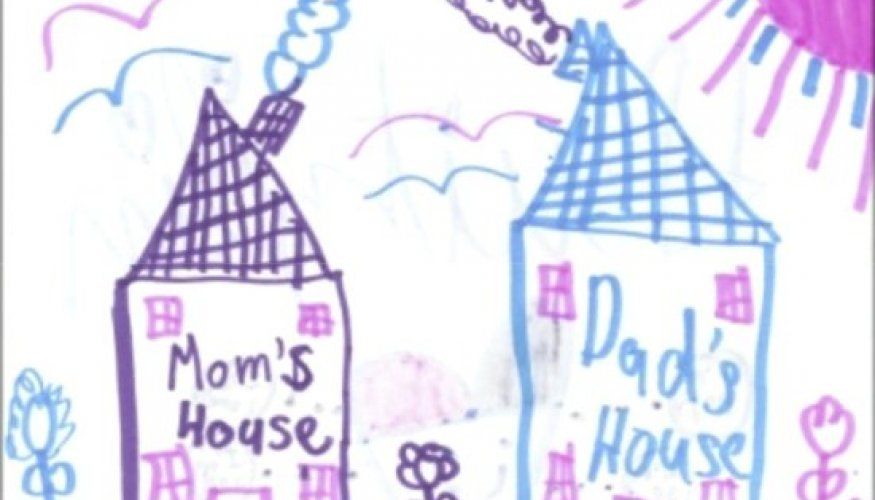Telling your child that you and your partner are getting a divorce is a daunting task for most parents. Parents who are going through a divorce are experiencing a lot of different emotions themselves, ranging from anger, disappointment and fear of an unknown future, to sadness and guilt about causing the children distress and for not being able to make the marriage work.
Most parents try to avoid telling the children about their decision to divorce until they have no other choice, but to do so. Often, questions start to become more serious and persistent from the kids, especially when one partner moves out of the house and in cases like these, answering those questions should not be avoided. The best way to tell your child about the divorce is to be honest about the situation.
Children are very aware of their parents’ relationship and could even expect a divorce in some situations. Remember that many children probably have at least a few friends whose parents are divorced and often they hear stories about what life is like for divorced families. Children who have witnessed continuous fighting or bickering between their own parents make their own conclusions about what’s going on and could even start fearing the “what if’s”, based on the stories shared at school. Unfortunately, there are many parents who even threaten each other in front of the children; making statements that they will move out or walk out of the marriage. Therefore, many children are aware of the possibility of a divorce and many who live in fear of it becoming a reality.
I think it is safe to say that most parents want what’s best for their children. Informing them of such a huge, life changing situation or decision, is not an easy task and how to go about informing the kids, often causes a lot of doubt and uncertainty. Many parents are often in disagreement regarding what to say and how to say it, which also does not help the situation.
Here are some tips on how to tell your child that you are getting a divorce:
- Both parents need to be present when telling the children
- Keep a united front and do not fight in front of the children
- Keep it short and simple – children do not see divorce as complex as adults do
- Say something like: “Mommy and daddy are not going to live together anymore because we do not love each other like husband and wife anymore but this does not mean that we do not love you anymore – that could never happen”.
- Children; especially pre-school children, are very egocentric and will think that they have somehow caused or at least contributed to the divorce – tell them that it is not their fault and that they did not do anything to cause it.
- Children think in a concrete manner and worry about stuff like – where they are going to live, how they will get to school and extra-mural activities, where the dog is going to stay, how often they will see the other parent, where holidays will be spent etc. – before telling the children, try to have an answer to the above mentioned questions – here a parenting plan can be of great value.
- Give the children a chance to ask questions and try to answer calmly and honestly, without bad mouthing the other parent.
- Show the children that you can still be civil and respectful towards one another
- Children do not need to hear or know what a bad husband/wife your ex-partner is or has been
NEVER say: “mommy/daddy is leaving us because she/he does not love us anymore”. YOU ARE ONLY HURTING YOUR CHILD! This will contribute to negative feelings about the parent leaving and will impact your children extremely negatively.
Always remember that
- someone can be a horrible husband/wife, but still be a great parent.
- the relationship between your child and his/her parents are crucial for their emotional wellbeing. Actively destroying or breaking down that relationship, might feel like you are getting back at your partner, but it is hurting your child badly.
- you are going to be connected to this person for the rest of your child’s life. The sooner you can get to a civil space, the better it is for everyone involved.
- your child needs the other parent in his/her life.
Getting divorced is never easy, especially in the case where children are involved. By really keeping your child’s best interest at heart and not letting your hurt take over in the conversation, you can inform your children about the divorce in a manner that really does help them in the long run. Remember that not all children will react the same to hearing that their parents are divorcing.
If you are worried about your child(ren) it might be helpful to contact a child therapist to assist in trying to make the transition as easy as possible.


